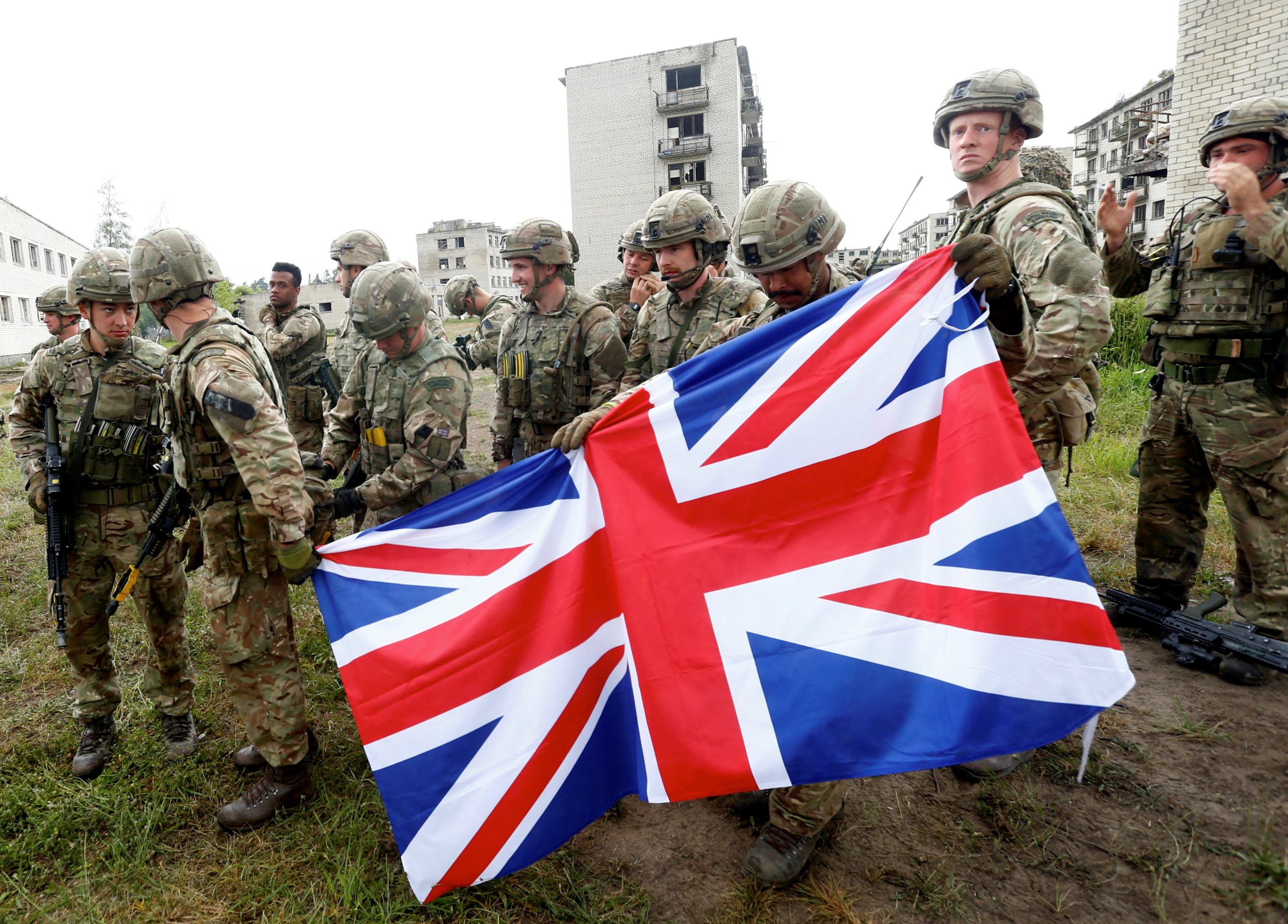Recent revelations point to a troubling decline in the strength of the British army, with projections indicating a significant reduction to fewer than 70,000 soldiers within the next two years. The news has sparked concern among European and American generals, questioning whether the UK can maintain its status as a top-tier fighting force. The forecast, reported by The Times, paints a grim future, anticipating a dwindling army of just 52,000 personnel in a decade, a figure smaller than the capacity of Arsenal’s Emirates Stadium.

Photo from Google
Alarming Projections and Recruitment Woes
The Times’ meticulous data analysis reveals a concerning trajectory for the British military, projecting a drop in regular soldiers to 67,741 by 2026 if the current trend of troop loss persists. This has raised valid concerns about army recruitment and overall military capability. High-level disquiet is evident due to the army’s failure to meet recruitment targets consistently over the past decade, prompting alarm within the defense establishment.
Former armed forces minister Mark Francois criticizes the decision to renew Capita’s contract for recruitment oversight, valued at over 1.1 billion, despite its repeated failure to meet recruitment targets.
This decision has garnered strong rebuke from military and political figures, sparking growing perceptions of a recruitment and retention crisis within the armed forces. Urgent and decisive action is deemed essential from government authorities to address this worrisome prospect.
READ ALSO: The Pentagon’s Minerva Research Initiative: Addressing Climate Change And National Security In Africa
Historical Parallels and Government Response
Former chief of staff General Lord Dannatt compares the current state of affairs to the unstable status of the British armed forces during the 1930s. He stresses how urgently a thorough response is required to avert a potentially dangerous situation. In the meantime, the Ministry of Defense (MoD) outlines concrete steps to remedy the shortcomings and reiterates its commitment to tackling the problems related to military recruiting and retention.
The UK’s substantial defense expenditure exceeding 50 billion this year is cited as a crucial investment in safeguarding national interests amid emerging threats. The severity of the situation prompts international scrutiny, highlighting the critical juncture the British military faces. Prominent figures emphasize the urgency of implementing decisive measures to avert a potential decline in the UK’s military prowess on the global stage.
READ ALSO: Collaborative Skies: US B-1B Lancers Excel In Air-To-Air Refueling Training With Singapore’s Air Force

















































